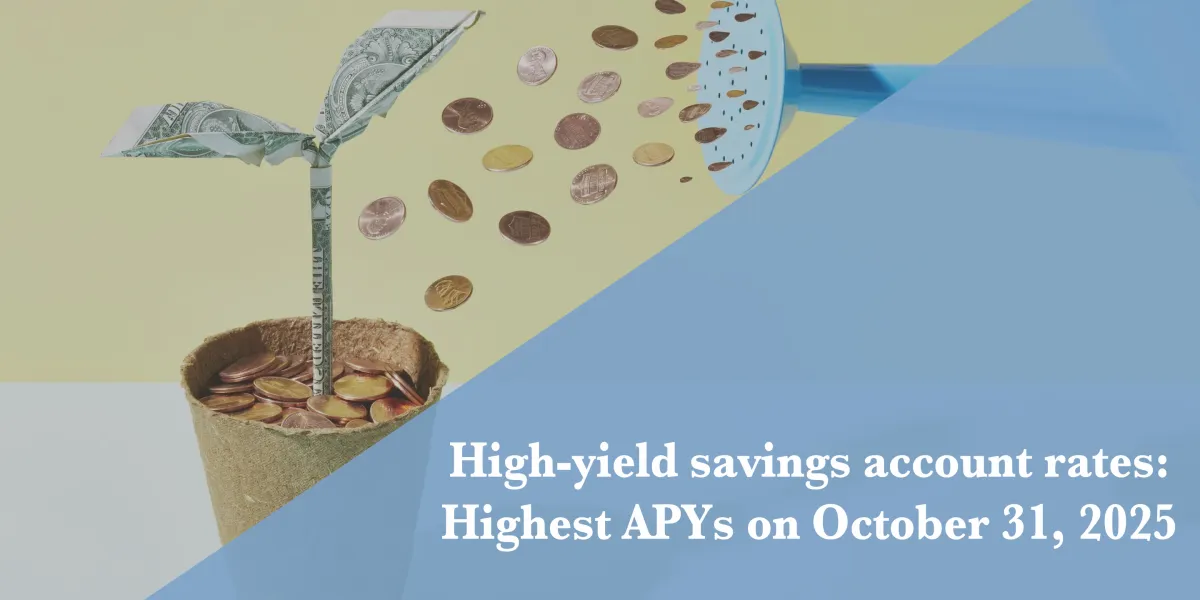Copyright CNBC

It's no secret that money is emotional. A 2025 Money Study by Wells Fargo found that over half (57%) of Americans sometimes judge themselves based on their money. You're not alone if you want to learn new ways of thinking about and dealing with your finances — 83% of Americans do, per Wells Fargo. Below, we turn to a certified financial planner on ways to mentally reboot. Here are her four tips. What do you need money for? Get matched with the right financial product. Realize that money is emotional According to CFP Mary Clements Evans, author of "Emotionally Invested," the first step in thinking of money differently is recognizing that your psychology and emotions play a lot into how you behave financially. These emotions can stem from your childhood and how money was talked about in your home, to how money is presented around you today. If you see someone buying something on social media, for instance, that may trigger a "fear of missing out" (FOMO) that drives you to spend more than you'd like. Before judging your financial situation, understand what compels you to spend the way that you do. Create a plan that fits your life To further reframe how you think about your money, create a financial environment that is customized to how you live — not anyone else. Evans suggests a form of budgeting where you actually spend on what you love, and cut back on other things that don't bring you as much joy. "For someone who's a FOMO spender, you can't give the impression that they can't buy anything at all; that's like telling me I'm never going to have chocolate again," Evans says. Instead, reframe budgeting to mean making sure you can afford the things you love and saving on those things you don't. Set goals you believe in Now that you have a better grasp of how you think about your money — it's an emotional decision as much as anything else — and you've created a budget that prioritizes spending on what you love, you can continue rethinking how you deal with money by making sure you have goals you believe in. How can you judge yourself by your money when you're working toward something you really value? From a behavioral perspective, Evans points out that goals are very motivating. For example, your goal may be paying off $20,000 in student loans over the next three years, or perhaps automatically saving $100 every week for a whole year. Monarch is an app that can help you create and track goals, even suggesting adjustments to help you maintain progress. Monarch Cost $8.33/month (billed $99.99 annually); $14.99/month (billed monthly) - get 50% off your first year with code CNBC50 Free trial 7-day free trial is available before subscribing Standout features Net worth tracker, investment portfolio tracking, goal creation and progress tracking, budgeting and expense tracking Categorizes your expenses Yes, but users can modify Links to accounts Yes, bank and credit cards, as well as IRAs, 401(k)s, mortgages and loans Availability Offered in both the App Store (for iOS) and on Google Play (for Android); web version also offered Security features Utilizes industry-leading security practices, according to Monarch's website Terms apply. Pros Easy-to-navigate money-tracking dashboard, including a net-worth tracker Easily syncs to your bank, credit cards and other financial accounts Users can add collaborators for free Seven-day free trial Cons Subscription is pricier than competitors Recommendations in the "advice" tab are generic Talk to someone When adopting a new approach to money, lastly, it may help you to talk to a financial planner or advisor who specializes in the psychology of money and can help you address the emotions you have around spending or saving, etc. This can give a more holistic view of you and your finances and, most importantly, how you can work better together. Subscribe to the CNBC Select Newsletter! Money matters — so make the most of it. Get expert tips, strategies, news and everything else you need to maximize your money, right to your inbox. Sign up here. Meet our experts At CNBC Select, we work with experts who have specialized knowledge and authority based on relevant training and/or experience. For this story, we interviewed Mary Clements Evans, a CFP, author of "Emotionally Invested" and founder of Evans Wealth Strategies. Why trust CNBC Select? At CNBC Select, our mission is to provide our readers with high-quality service journalism and comprehensive consumer advice so they can make informed decisions with their money. Every personal finance article is based on rigorous reporting by our team of expert writers and editors with extensive knowledge of personal finance products. While CNBC Select earns a commission from affiliate partners on many offers and links, we create all our content without input from our commercial team or any outside third parties, and we pride ourselves on our journalistic standards and ethics. Catch up on CNBC Select's in-depth coverage of credit cards, banking and money, and follow us on TikTok, Facebook, Instagram and Twitter to stay up to date.



